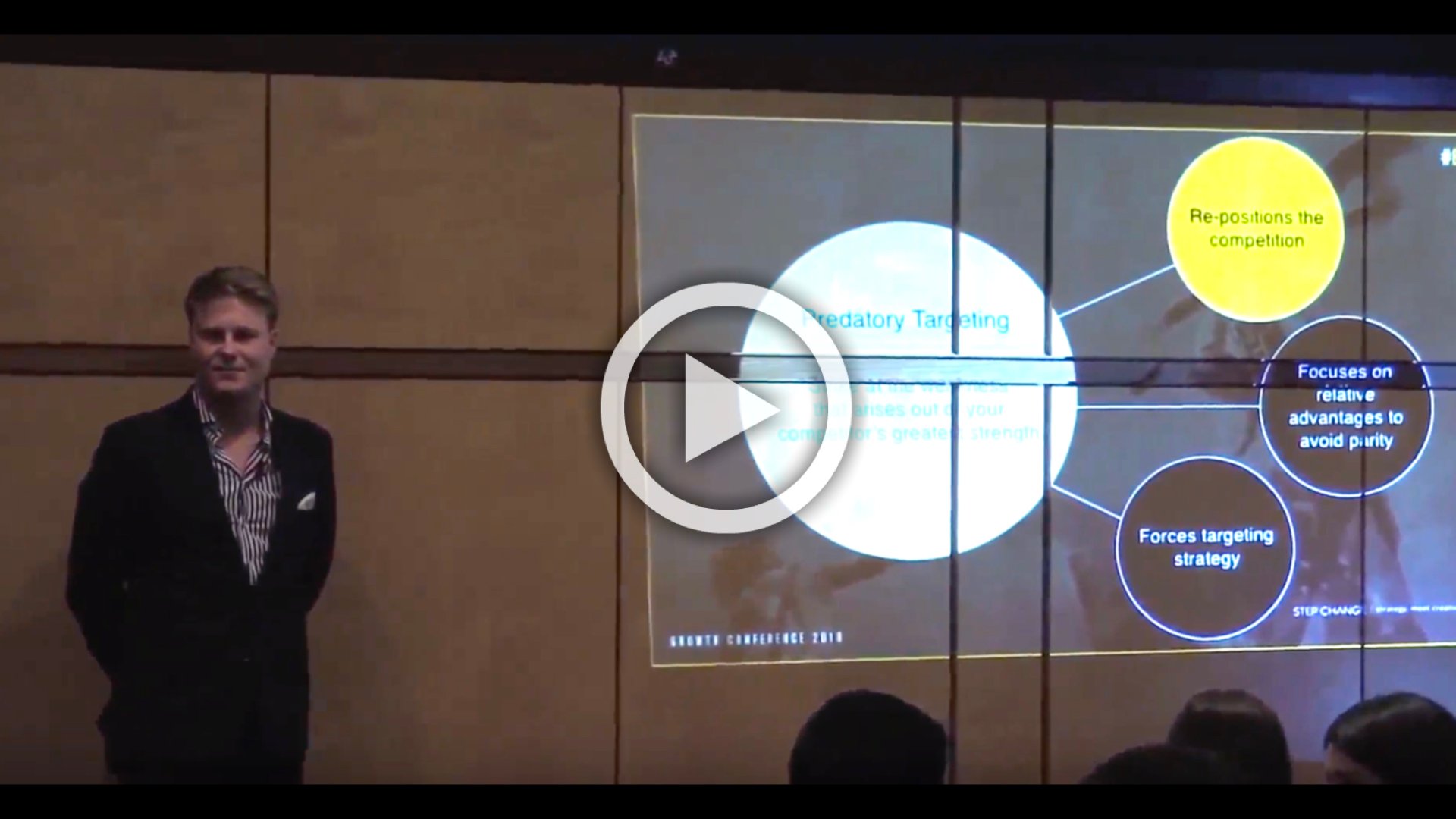Your success in sales depends on how effective your qualification process is. Your ability to find a prospect that is a good fit for your business can make or break your business. It’s crucial to nail this because once the prospect becomes a delighted customer, it doesn’t just mean profit — it could also mean a possibility of a repeat sale, more referrals, or the chance to upsell or cross-sell.
In two minutes, I will walk you through an easy-to-remember framework to qualify the sale upfront.
Do you have a marketing and sales topic you want us to do a 2-minute video on? Fill out the form below.
The following text is an edited transcript.
Everyone knows what qualifying is. It’s looking at an opportunity critically to evaluate it for you and for your clients. Great qualification demonstrates expertise; adds value; and saves time, effort, and money on both sides. So it’s a win/win.
There are many types of qualification. Two of which are (1) the initial upfront qualification and (2) the more in-depth qualification that you do on a larger opportunity.
We’re going to focus on the first one today. Why? You have to do it anyway and if you just did that, it would make the largest difference.
So what are the four Cs of qualifying upfront? These are the Client, Credentials, Capability, and Capacity.
Why do I have it in a 4-C model? It’s really easy to remember.
And the thing that happens when you’re upfront with the client is you’re on a call, it’s your first time meeting them, or it’s at a high level that you often don’t have a lot of time to go in-depth.
With the 4-C model, it lets you stay agile or move with the conversation and hit them all.
Client
- Is the issue in the top 5 for Decision Makers?
- Is the work worth winning and do you see significant upside long-term for both you and the partner?
- Is there a solid or probable business case?
Credentials
- How do our credentials stack up vs. the competition?
- Does this project have leverage beyond the initial sale?
- If we do have any weaknesses in our credentials, how can we overcome them?
Capability
- Can we perform well on this scope?
- If there are any issues or problems that arise, how do we overcome them?
- Are there any skill sets or partners we need to bring in to have 100% coverage?
Capacity
- Do we have enough time to deliver on what we need to deliver on?
- Can we meet the milestones?
- Is the team hungry or passionate about the work? Because that means they’ll find the capacity.
- Where are the roadblocks in our delivery?
Interested in B2B sales content? Subscribe to our blog and get marketing & sales insights delivered straight to your inbox.
 Jeff Cooper is Step Change’s Founding Partner. Jeff learnt his most valuable lessons in strategic thinking by spending his own money. His entrepreneurial pursuits began back in 2004 when he started his first business, designing exhibition spaces and running events, eventually giving birth to an interactive event concept later adopted by the likes of Big Day Out and other major festival organisers. A decade later, in 2014–2015, startups Jeff was involved in raised over $1m in investment, and Step Change — which he co-founded — became a multimillion-dollar strategy consultancy, serving clients across five continents. He’s a true generalist, with ownership and Board interests in businesses from retail solar to beauty and beyond, at life stages from startup to over $150m revenue annually.
Jeff Cooper is Step Change’s Founding Partner. Jeff learnt his most valuable lessons in strategic thinking by spending his own money. His entrepreneurial pursuits began back in 2004 when he started his first business, designing exhibition spaces and running events, eventually giving birth to an interactive event concept later adopted by the likes of Big Day Out and other major festival organisers. A decade later, in 2014–2015, startups Jeff was involved in raised over $1m in investment, and Step Change — which he co-founded — became a multimillion-dollar strategy consultancy, serving clients across five continents. He’s a true generalist, with ownership and Board interests in businesses from retail solar to beauty and beyond, at life stages from startup to over $150m revenue annually.















